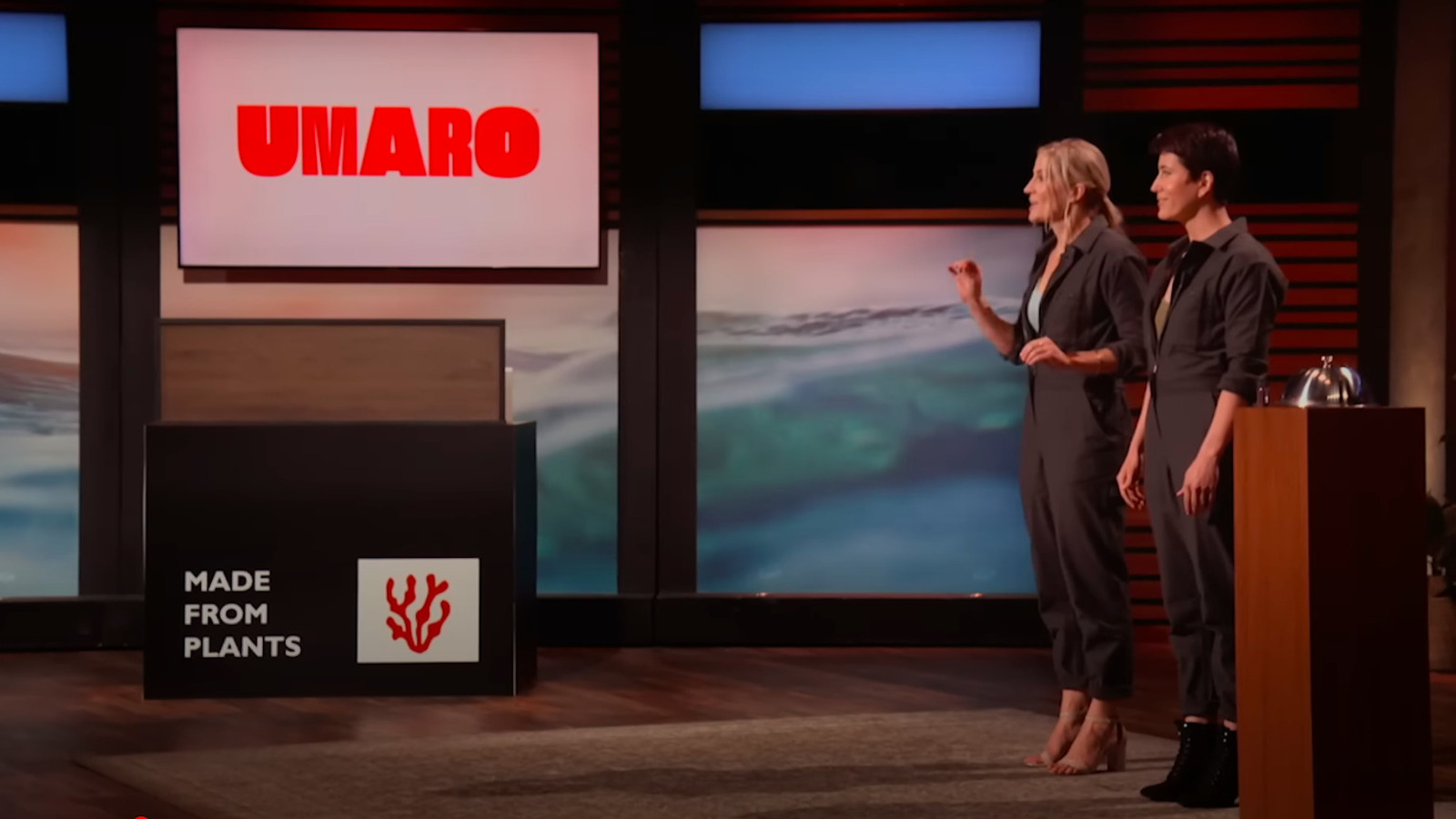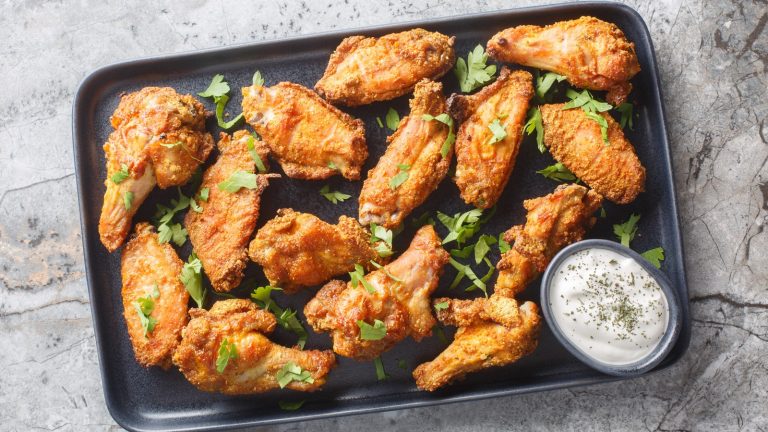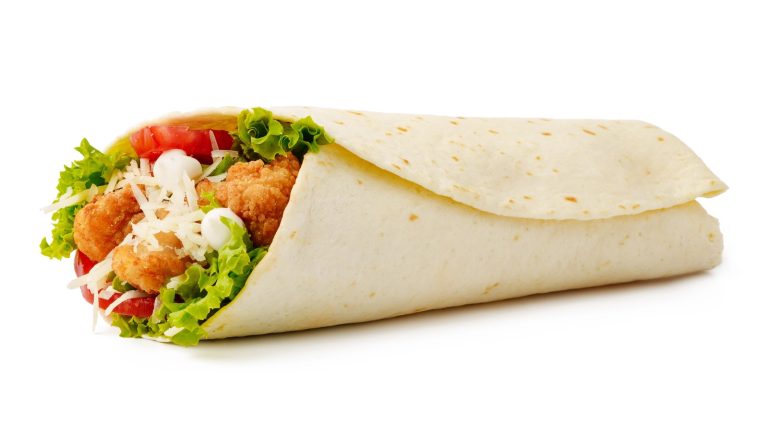We may receive a commission on purchases made from links.
When Beth Zotter and Amanda Stiles walked on to season 13, episode 18 of ABC’s “Shark Tank,” the year was 2022 — a time when plant-based protein alternatives were exploding. Only, very few of the new-age, plant-based meat substitutes that were emerging on the market were forward-thinking enough to take advantage of Umaro’s primary ingredient: kelp. Even fewer were using it to make a plant-based alternative to what’s arguably most American’s favorite (and every vegan’s most missed) breakfast protein: bacon.
Given its ability to soak up pollution and to grow quickly without relying on any of the planet’s natural and decreasing resources, the high tech seaweed farming behind producing kelp-based meat alternatives such as Umaro’s presents a lucrative opportunity to clean up our oceans — the planet’s largest “carbon sink” and, therefore, one of society’s greatest defenses against the climate crisis. This is how the two female founders presented their product to the Sharks, framing it not just as a superfood for people, but the planet as well.
Used for its naturally high protein content, umami flavor, and uniquely meat-like texture, not only do meat alternatives like those from Umaro provide a sustainable alternative to industrialized, factory farmed animal proteins, they also serve as a weapon against it, offsetting the environmental impact. But Zotter, a leading researcher of renewable energy, and Stiles, a PhD biochemist, understood that none of that would matter if Umaro’s bacon didn’t taste good enough.
What happened to Umaro Foods on Shark Tank?
There was a moment of awkwardness when, upon his first bite of Umaro’s pre–cooked, chewy plant-based bacon, Robert Herjavec immediately spit it out. “I love bacon. I don’t love this,” he said, before Mark Cuban who came to its defense. After tasting the crispy, cooked version of Umaro’s bacon on its own and in a BLT sandwich, all of the Sharks agreed that the crispy version was best — and even Herjavec admitted it was “really good.” As always, Greiner then turned the conversation to the product’s nutrition label, which she found impressive, before Cuban wanted to talk bigger numbers.
After being asked specifically whether or not Umaro had any competitors on the market, Zotter and Stiles explained that every process that went into creating their product — from the seaweed protein separation process to using that seaweed protein in plant-based meats — was, in fact, patented and protected under their intellectual property. Umaro’s bacon was, in turn, a prototype demonstrating the potential of a technology no other company would ever be able to use to make plant-based alternatives.
Even so, some of the Sharks couldn’t come to terms with Stiles’s and Zotter’s ask of $500,000 for 2%. But that didn’t keep the Sharks from negotiating, eventually leading to three separate offers. After hearing them all out, Zotter asked Cuban whether he’d consider a $1 million investment for a 7% stake, which he quickly agreed to. With that, the deal was done.
Umaro Foods after Shark Tank
Zotter and Stiles left “Shark Tank” with one message: Vegan bacon, and that batch of vegan bacon in particular, was just the beginning for Umaro Foods. But it’s unclear if the deal they reached with Cuban ever reached fruition as it remained open long after the episode aired. Fortunately, Umaro Foods has since secured investments from elsewhere. In September of 2022, the NBA star, Chris Paul, invested in the company, helping Zotter and Stiles eventually reach $3.8 million in seed funding from AgFunder in 2024. In their pitch, Zotter and Stiles expressed interest in using the technology to make other kelp-based meat alternatives, including other breakfast meats, pepperoni, and salami.
As of the time of writing, however, Umaro seems to have kept much of its focus on securing funding and improving its bacon product while expanding its presence in restaurants and stores. The bacon presented to the Sharks was Umaro’s very first batch, after all, and despite only being a prototype, the cofounders had already secured a purchase order and were in conversation with multiple restaurant chains. In the year after “Shark Tank,” Zotter and Stiles were able to get Umaro’s bacon on to the menu of 32 different restaurants. While Umaro has yet to deliver any other meat alternatives, it now offers two flavors of its bacon, both of which you can purchase.
Is Umaro Foods still in business?
Today, Umaro Foods’ original applewood and smoky black pepper bacon remains available for wholesale to retailers and restaurants. But since the time of filming for “Shark Tank,” it’s also available for purchase at California Whole Foods locations and on Amazon. Sold for around $8.99 a pack, Umaro’s dedication to its bacon development seems to have paid off, with many positive reviews left from customers apart from a few critiques on the product’s oiliness and sodium content. “Genuinely one of the best plant-based bacons I’ve tried! The texture and flavor are the closest I’ve gotten to actual bacon — without any animal, of course,” wrote one Amazon review. “Seriously the BEST vegan bacon I have ever tasted. I’ve been searching years for pork-free bacon and I will look no further,” wrote another.
Umaro also regularly posts content on its Instagram, much of which features the small-businesses that carry its product. Ruby D’s Burger Joint in Tulsa, Oklahoma, for example, recently added a burger featuring Umaro’s bacon to its 100% plant-based menu, while Kaibur Coffee, a vegan and vegetarian cafe in Pittsburg, Pennsylvania, and Plantega in New York City regularly post the many different breakfast sandwiches that use Umaro’s kelp-based bacon. Apart from restaurant recommendations, you’ll also find vegetarian sandwich inspiration on Umaro’s Instagram, as it collaborates with food content creators like @turnipvegan, who recently shared his own sandwich creation using Umaro’s bacon. The brand also shares its own recipe ideas, like its vegan take on the famous Elvis sandwich.
What’s next for Umaro Foods?
During the “Shark Tank” pitch, Zotter made one thing clear: Her mission with Umaro Foods is to protect the planet we live on. Not only is she doing that by using her work with Umaro Foods to make seaweed farming profitable — and therefore expand its footprint, absorb pollution, and create more, better tasting sustainable seaweed-based meat alternatives — she’s also now developing a process that separates the seaweed’s surprisingly hight amount of protein from the alginate. This would, in turn, allow Umaro to not only farm seaweed for use in alternative meats, but also alternative, fully biodegradable film plastics.
Made possible through a grant from the Department of Energy’s MACRO program, Zotter continues to use her background in renewable energy to solve two problems at once. The collaboration with Sway, a leader in seaweed-based material production, is the first of its kind — producing two different products at once, from the same seaweed — and only further proves Zotter and Stiles’s stance on Umaro’s bacon being just the beginning. While plastics certainly weren’t mentioned in the pitch to the Sharks, you’ll have to keep up with Umaro Foods to find out what other plant based meat alternatives come next, because they’re on the way.





